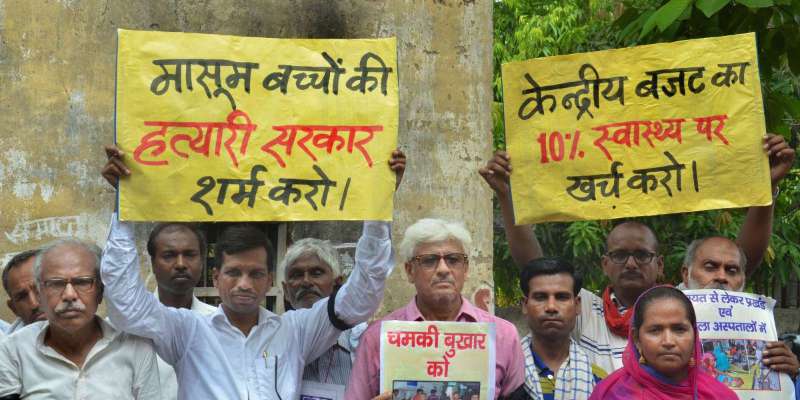Source: hindustantimes.com
The state cabinet on Saturday sanctioned for creation of 79 posts of senior resident and tutor under medical teacher cadre in various departments of Rajendra Institute of Medical Sciences (RIMS), Ranchi.
RIMS, an autonomous institution running a 1500-bedded hospital, has got permission from the medical council of India (MCI) to start post graduation and diploma courses in various departments. The institute has also staked its claim before the MCI to enhance MBBS seats to 250 from current 150.
In order to match the requirement of the teachers for 250 MBBS seats and PG courses, the cabinet sanctioned for the creation of the aforesaid 79 posts.
Taking a step forward to achieve the target of ‘housing for all by 2022’, the cabinet also accorded its nod to relax the norms for construction of buildings under the Prime Minister Urban Housing Scheme’s (PMUHS), Affordable Housing in Partnership.
“According to the decision, buildings up to ground plus six to eight storied can be constructed under the affordable housing in partnership. As per the current standard, building structures under this scheme can’t go above ground plus three,” an official said.
The cabinet also approved for fixation of prices of land that would be acquired by the government for laying underground water, gas and drainage pipelines. Besides, it approved for setting up of “Jharkhand Wing” of the NCC Directorate, Bihar and Jharkhand.
The cabinet also approved expenditure upto Rs 35 crore for fiscal 2019-20 under state’s scheme of three-year organic farming promotion and certification. The government has earmarked a total of Rs 100 crore for fiscals 2019-20, 2020-21 and 2021-22 under the scheme.

